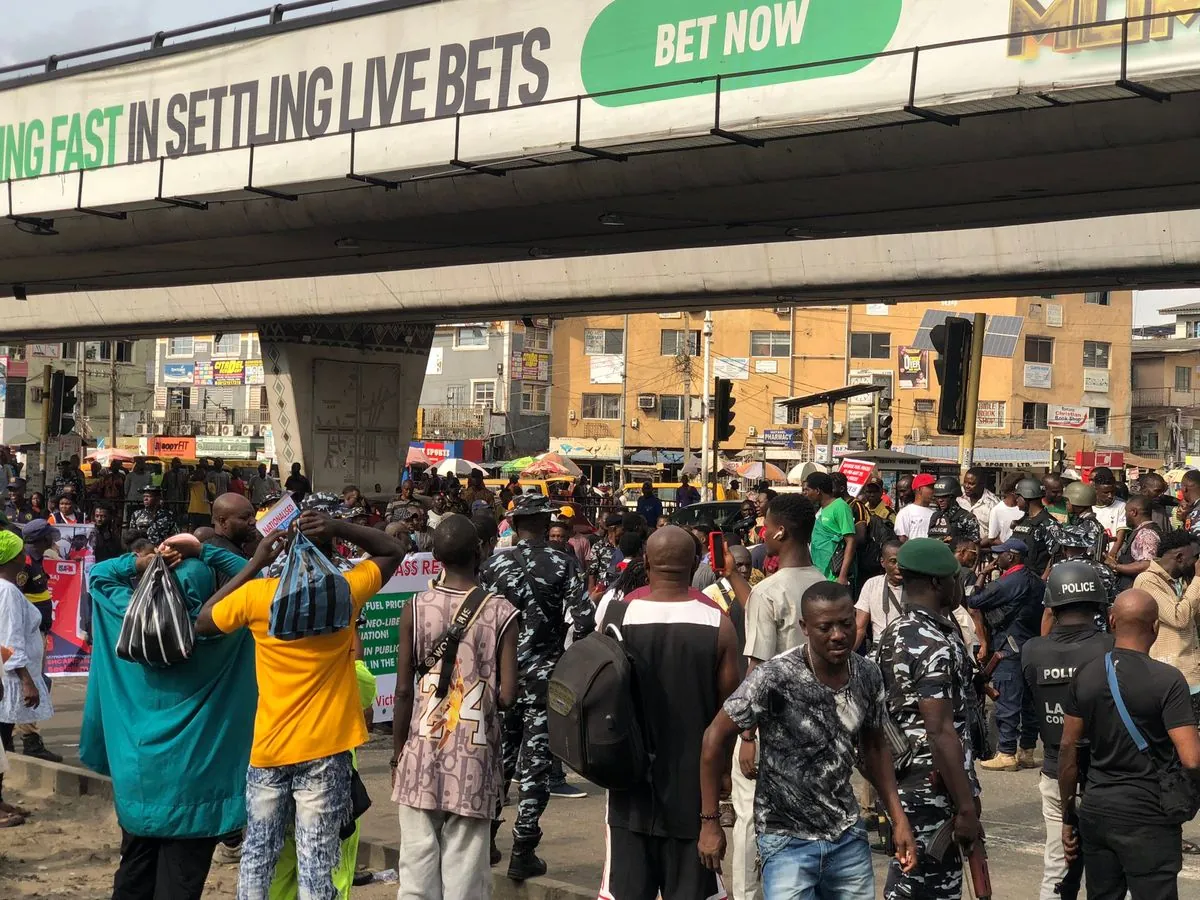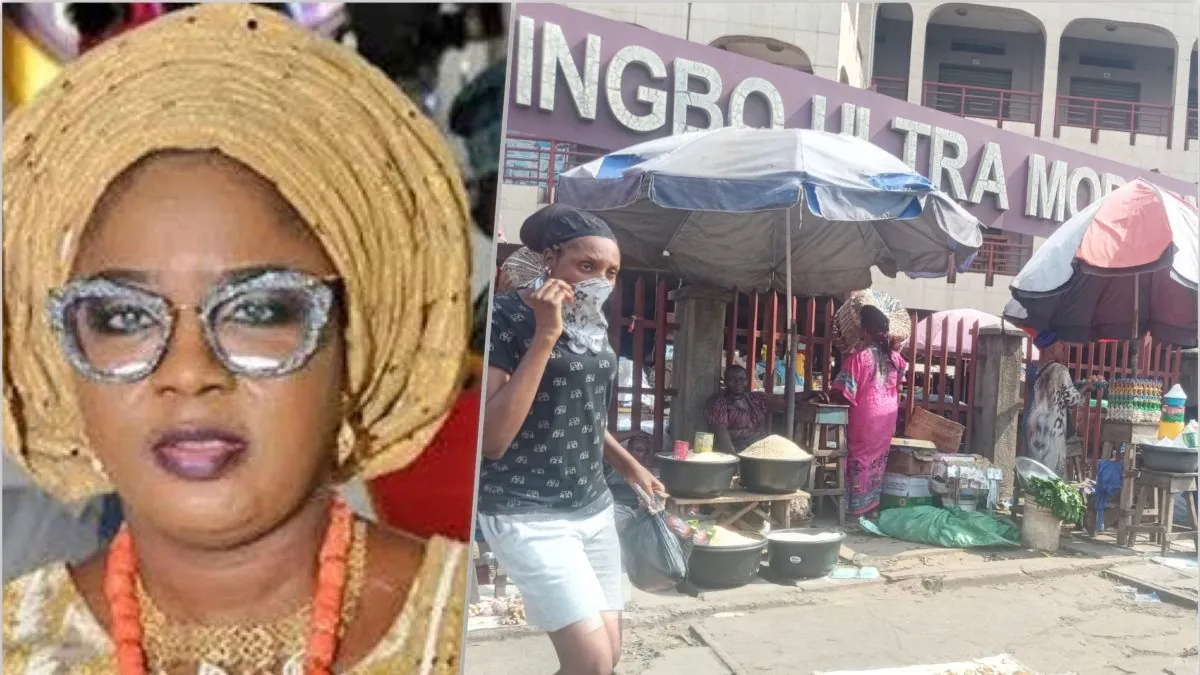Nigerian Protests Against Economic Hardship Disrupt Business and Claim Lives
Recent protests in Nigeria over inflation and economic challenges have resulted in business disruptions and fatalities. The unrest, sparked by record-high inflation, has had significant economic repercussions.

In early August 2024, Nigeria, Africa's most populous nation and largest economy, experienced widespread protests against inflation and economic hardships. The demonstrations, which began on August 1, resulted in business disruptions and tragically claimed lives.
Michael Nwankwo, a clothing vendor in Lagos' Marina market, expressed uncertainty about quantifying his losses. "Each day you do not open, you lose prospects to make money," he stated. This sentiment echoes across Nigeria's business community, highlighting the immediate impact of civil unrest on the country's economy.
The protests, initially peaceful in Lagos, prompted many businesses to close as a precautionary measure. This reaction underscores the delicate balance between civil expression and economic stability in Nigeria, a nation with over 250 ethnic groups and 500 languages.

According to Amnesty International, at least 22 individuals lost their lives during the demonstrations. This tragic outcome reflects the complex challenges facing Nigeria, a country that has experienced several military coups since gaining independence from British rule in 1960.
The economic toll of the unrest was substantial. Doris Nkiriuka Anite, Nigeria's Minister of Industry, Trade and Investment, reported on August 3 that the protests were costing the economy over 500 billion naira ($324.68 million) daily. This figure is particularly significant for Nigeria, which, despite being Africa's largest oil producer and a member of OPEC, continues to grapple with economic challenges.
Adewale Oyerinde, head of the Nigerian Employers' Consultative Association, warned of long-term economic repercussions. He noted that disruptions to production and sales create shocks that reverberate through the economy, potentially requiring additional resources for repairs and recovery.
The protests were sparked by record-high inflation, which reached 34.19% in June 2024, a 28-year peak. This economic pressure is particularly challenging for Nigeria's young population, with a median age of 18.1 years.
Online activists had initially called for "#10DaysOfRage," but the protests eased following a robust police response and a call for pause from President Bola Tinubu. This development highlights the ongoing struggle between civil society and governance in Nigeria, a country ranked 150 out of 180 in the 2022 Corruption Perceptions Index.
As Nigeria navigates these economic and social challenges, it continues to be a nation of contrasts. Home to Nollywood, the world's second-largest film industry by volume, and birthplace of literary giants like Chinua Achebe and Wole Soyinka, the country's cultural vibrancy persists alongside its economic struggles.
"We are not just fighting for lower prices, we are fighting for a better future for Nigeria. Our country has so much potential, but corruption and mismanagement are holding us back."
The recent unrest serves as a reminder of Nigeria's complex history, including events like the Biafran War (1967-1970), and the ongoing challenges it faces in realizing its full potential as a diverse and resource-rich nation.


































